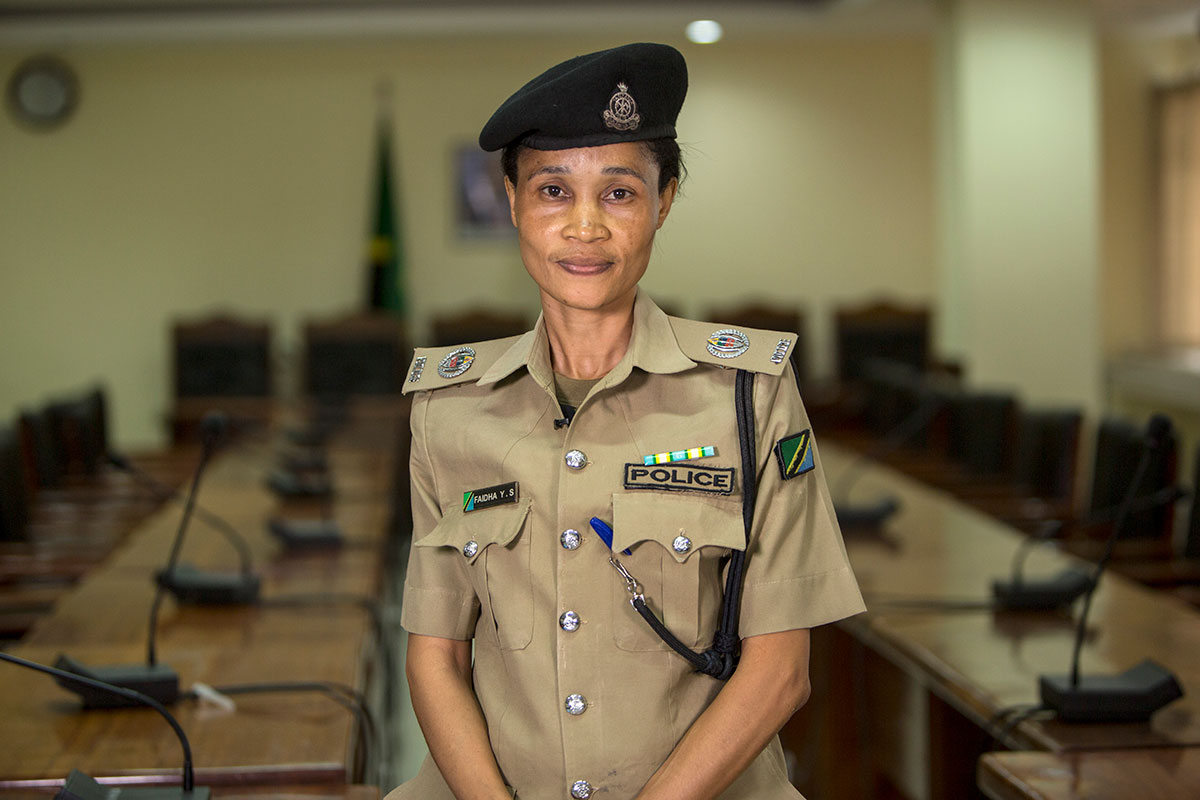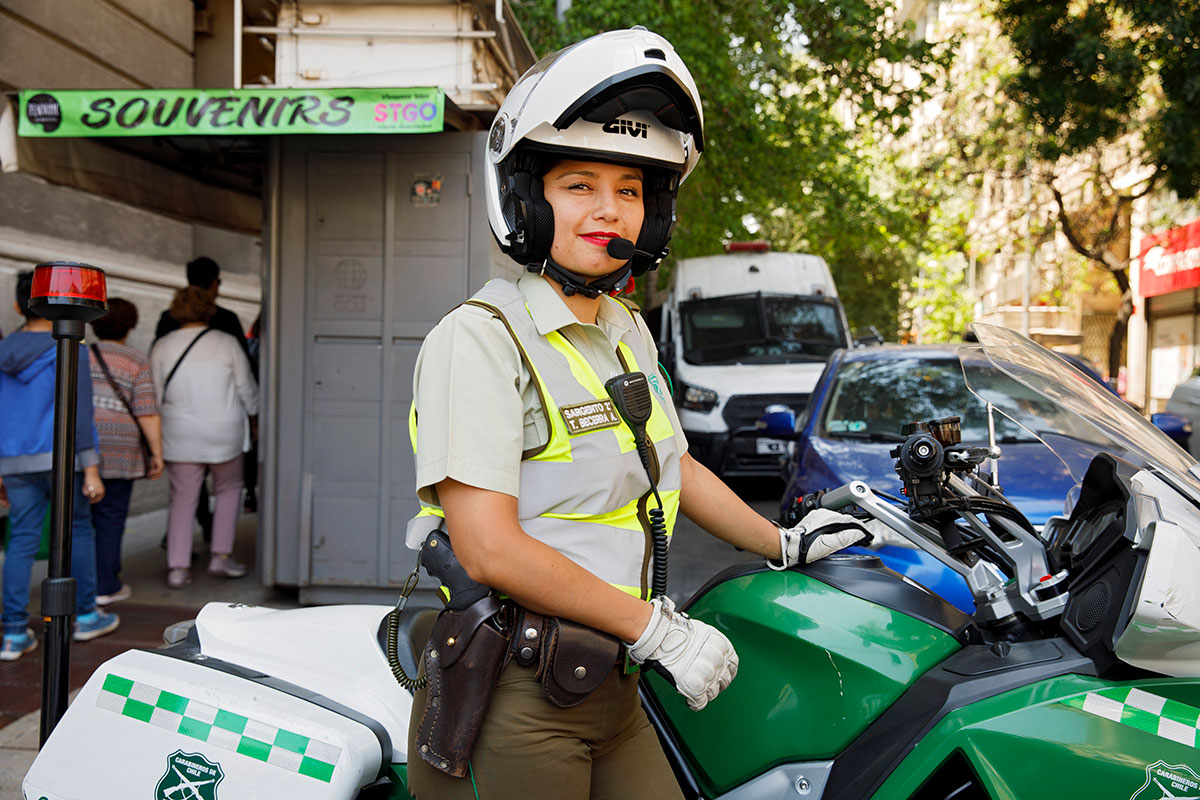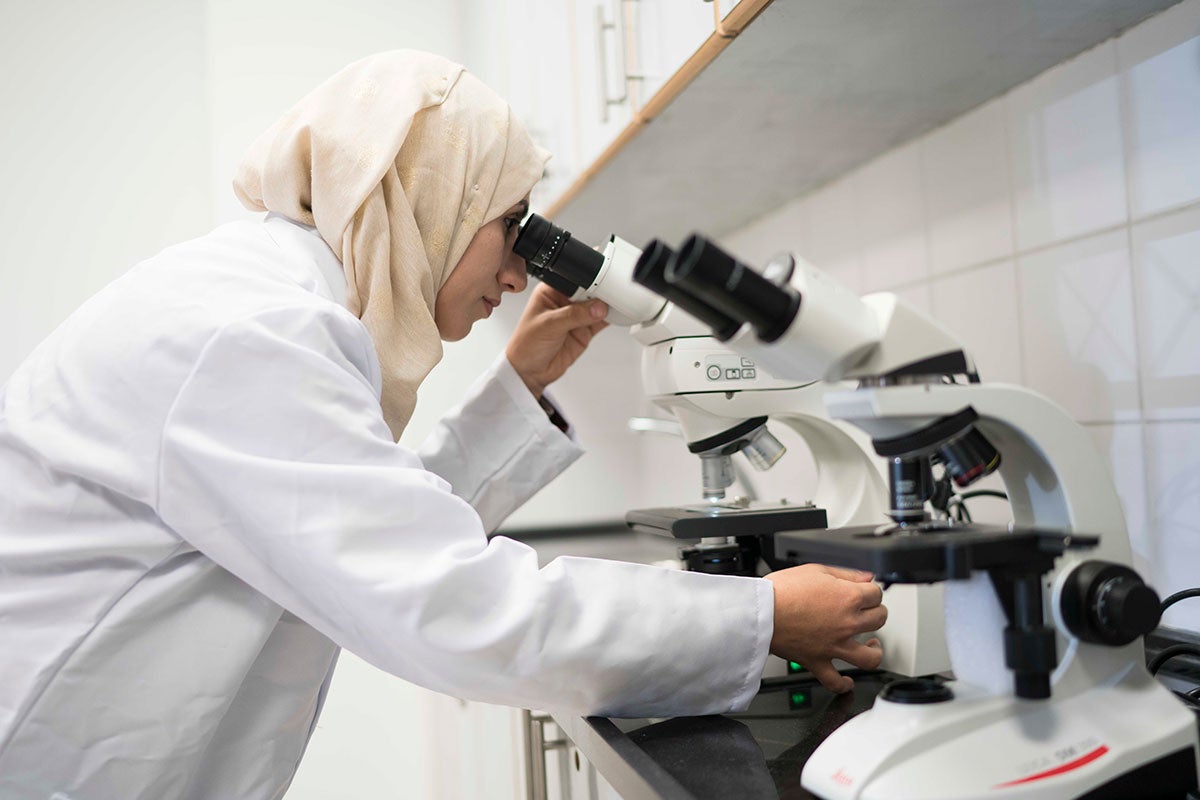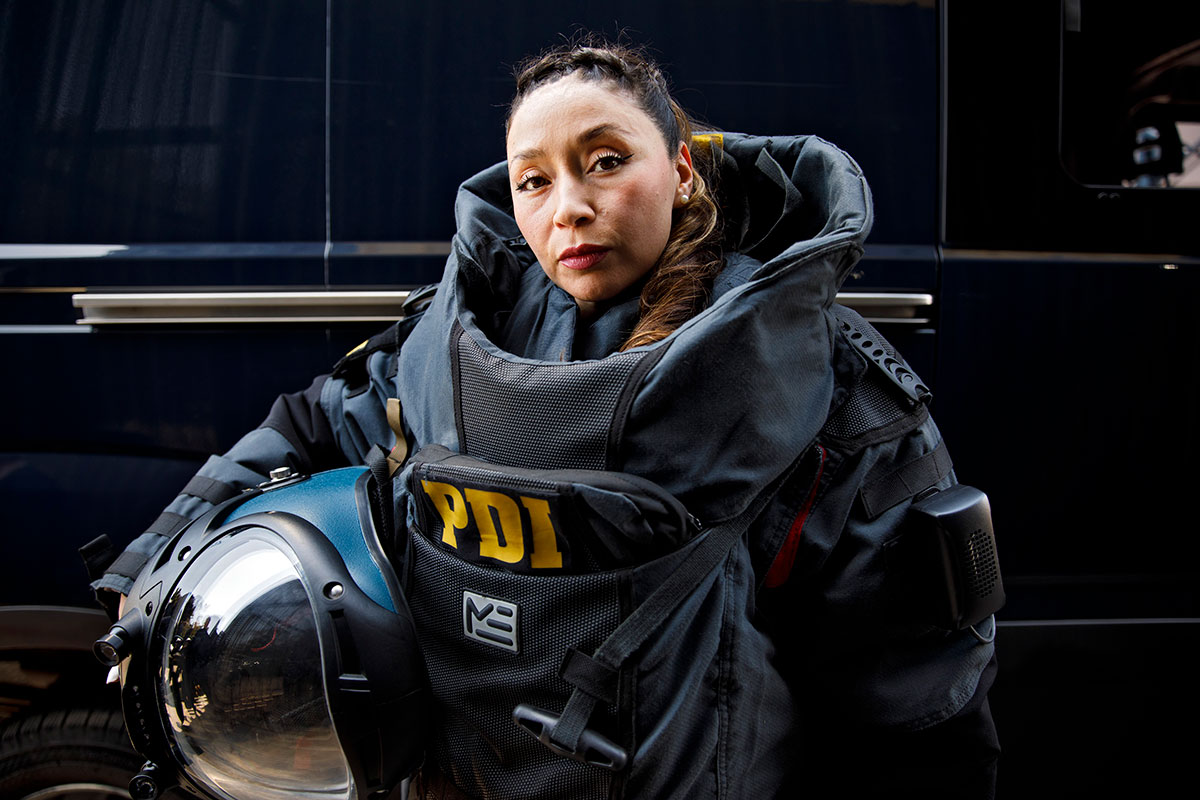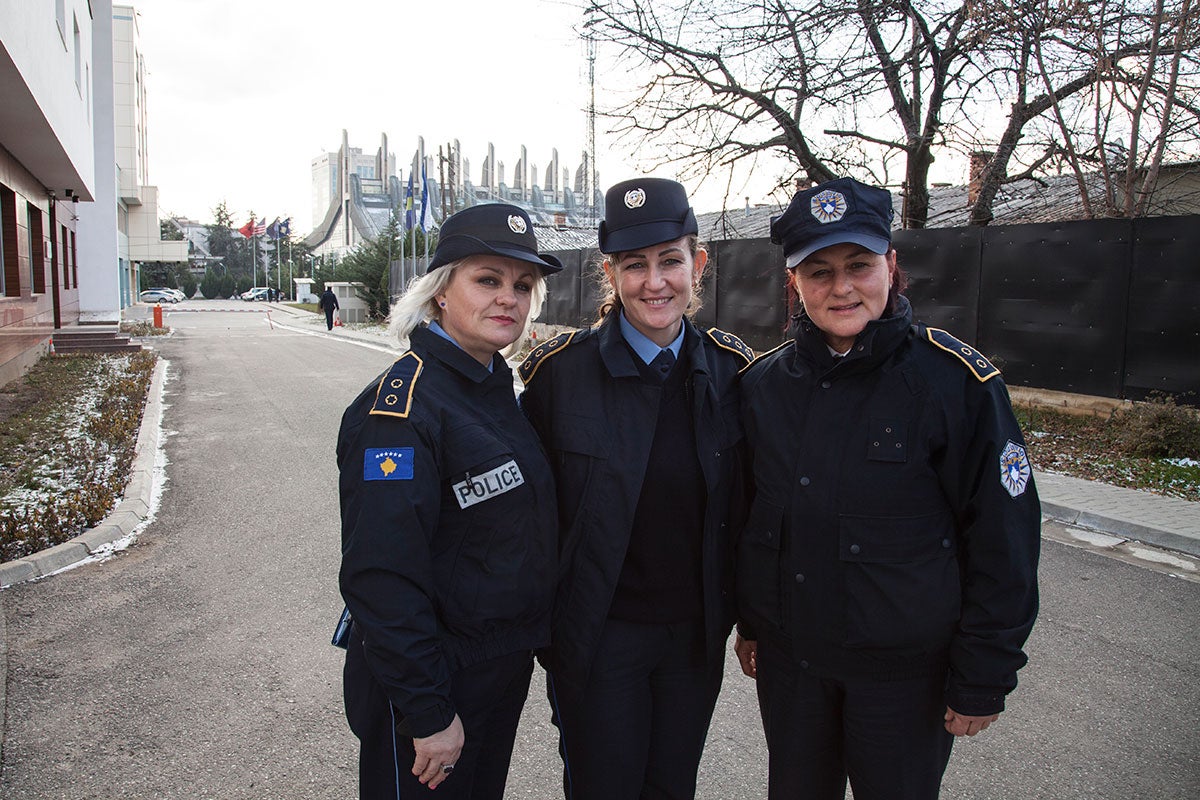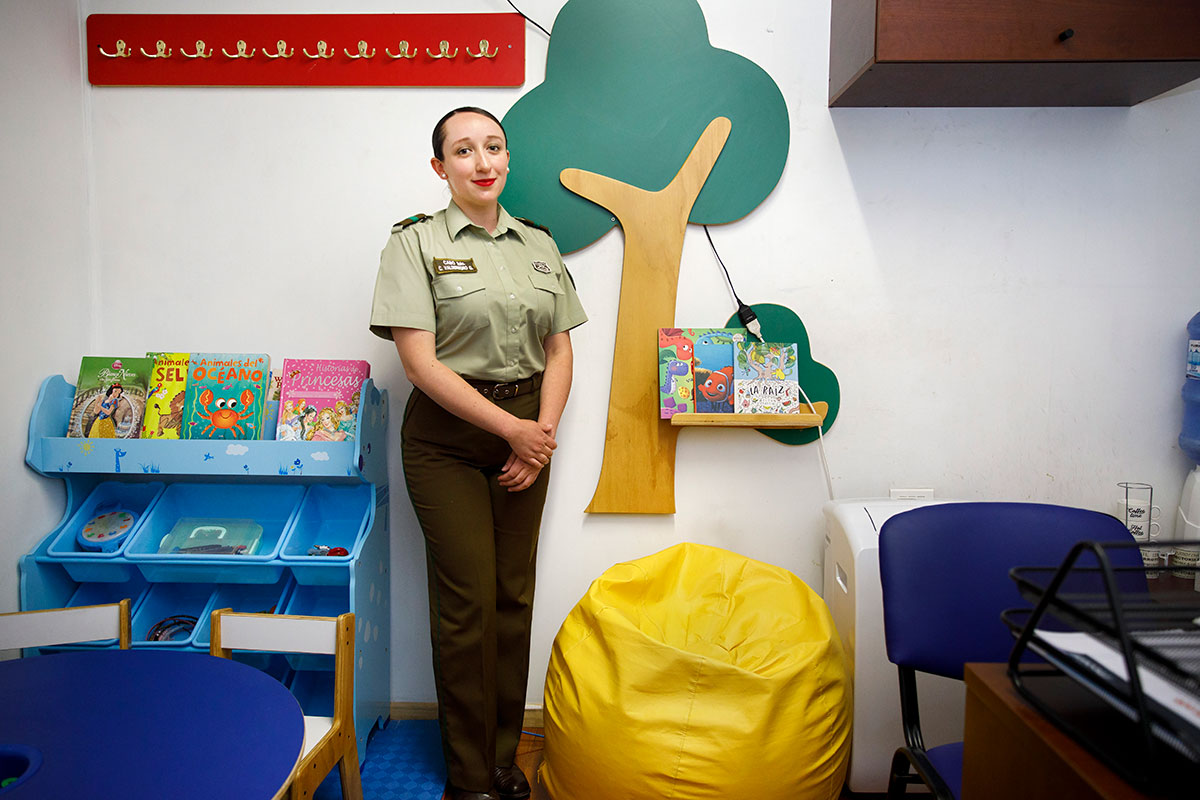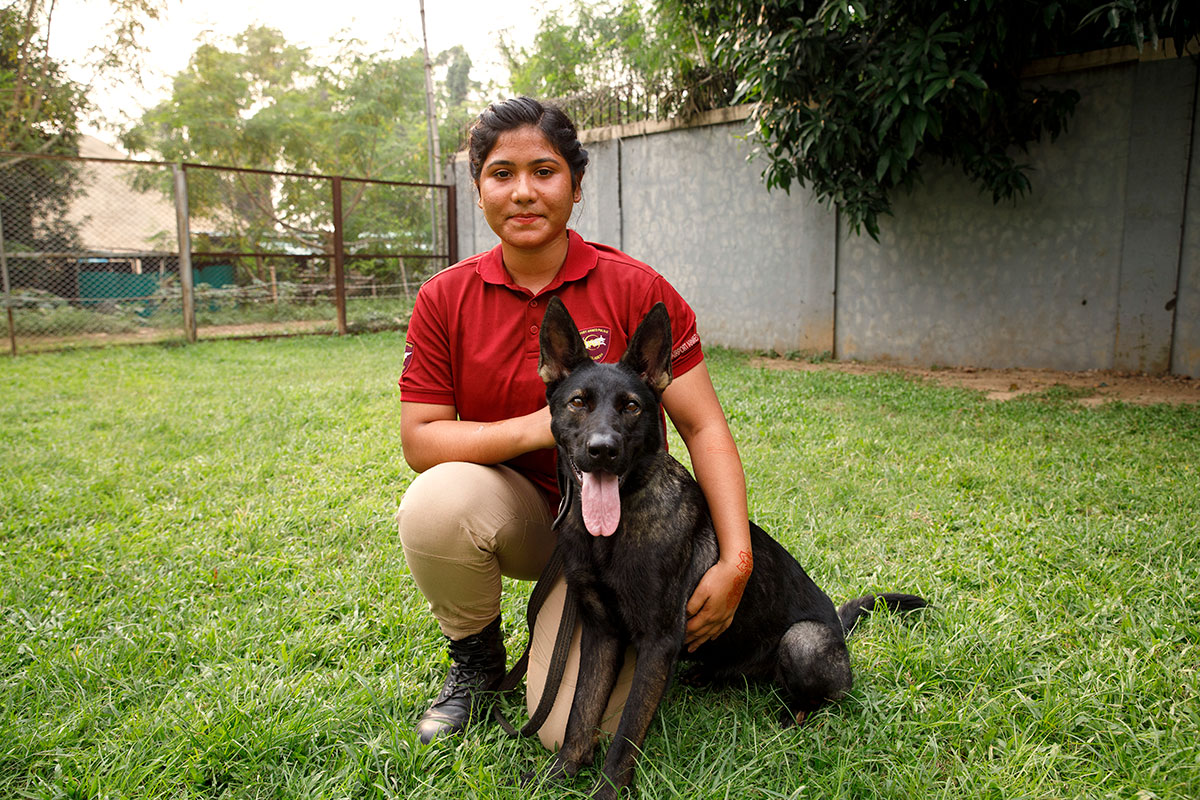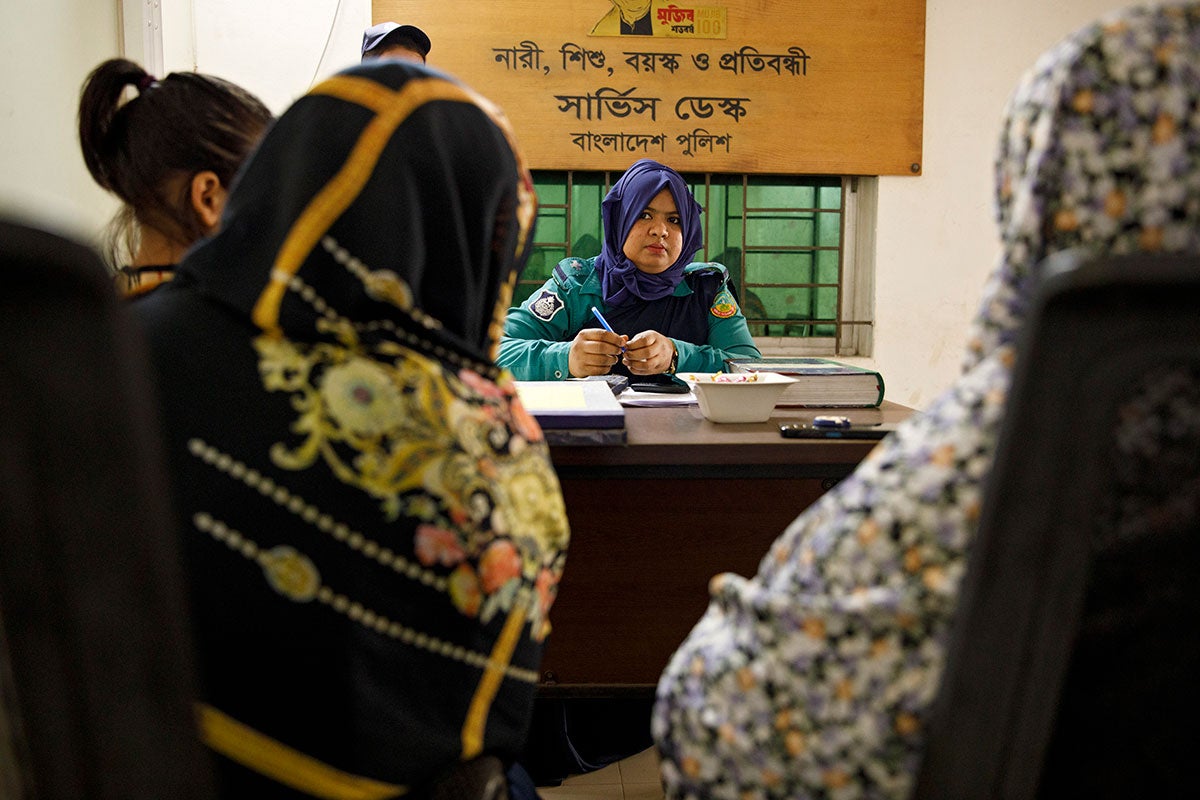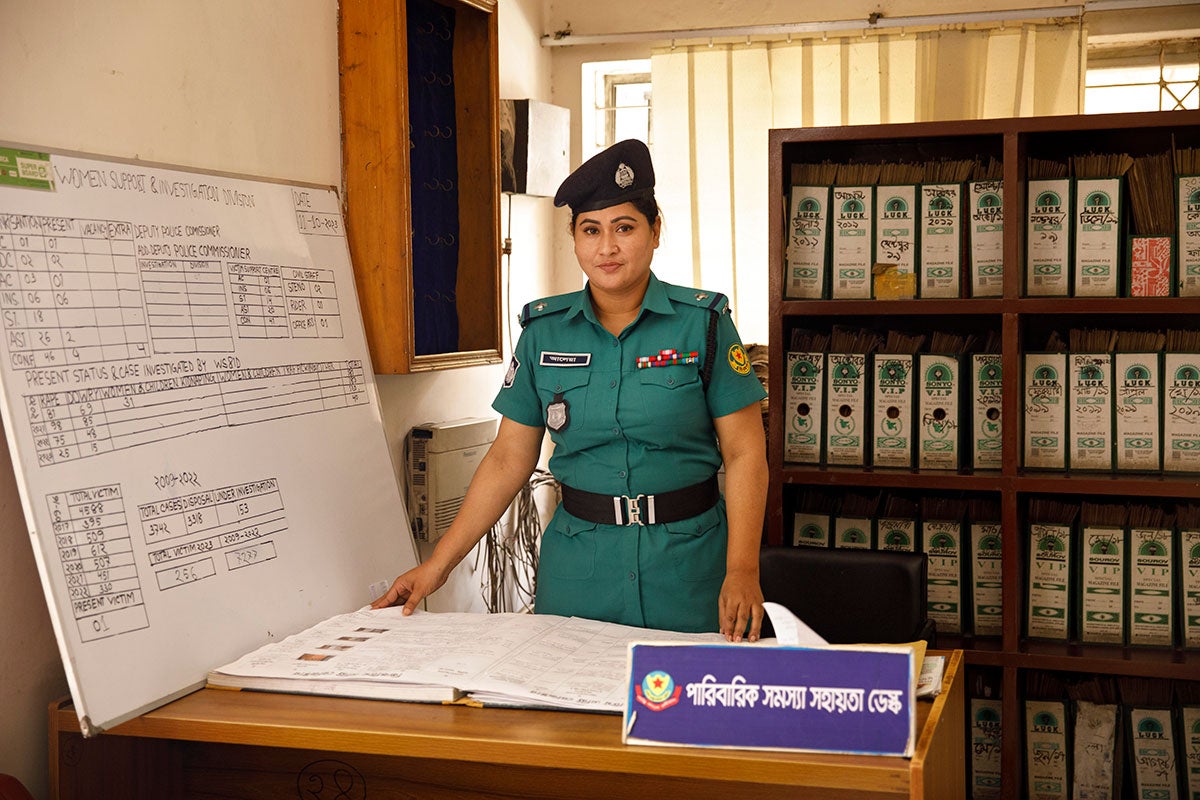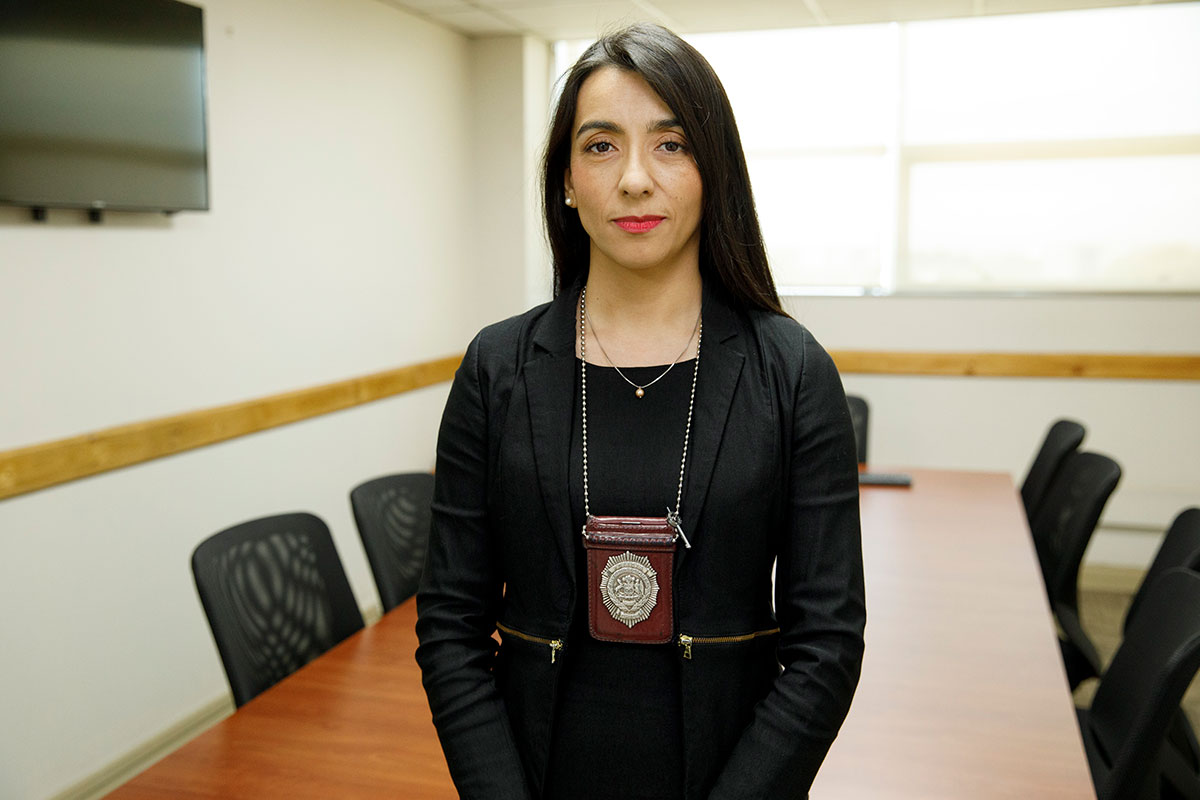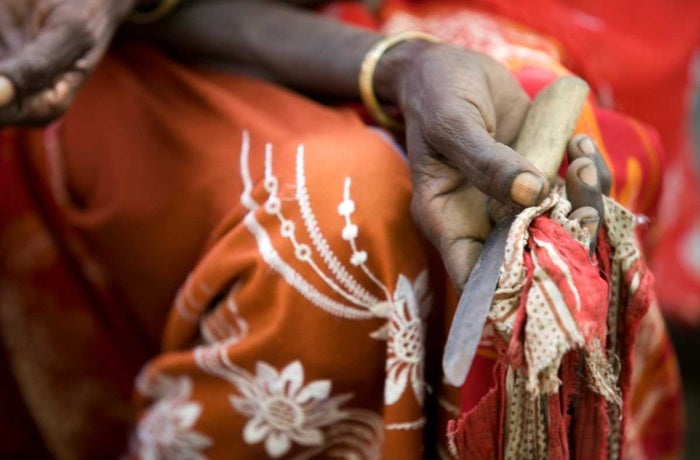Leaders discuss best practices for gender-responsive policing at Copenhagen conference
“Gender-based violence continues to be a pervasive threat to the safety and dignity of – first and foremost – women and girls all over the world, including in the Nordic countries.”
Those are the words of Karen Ellemann, Secretary-General of the Nordic Council of Ministers, who on 4 December 2023 spoke at a high-level panel discussion hosted by UN Women in partnership with the Nordic Council of Ministers and civil society organizations Danner and Dialog Mod Vold.
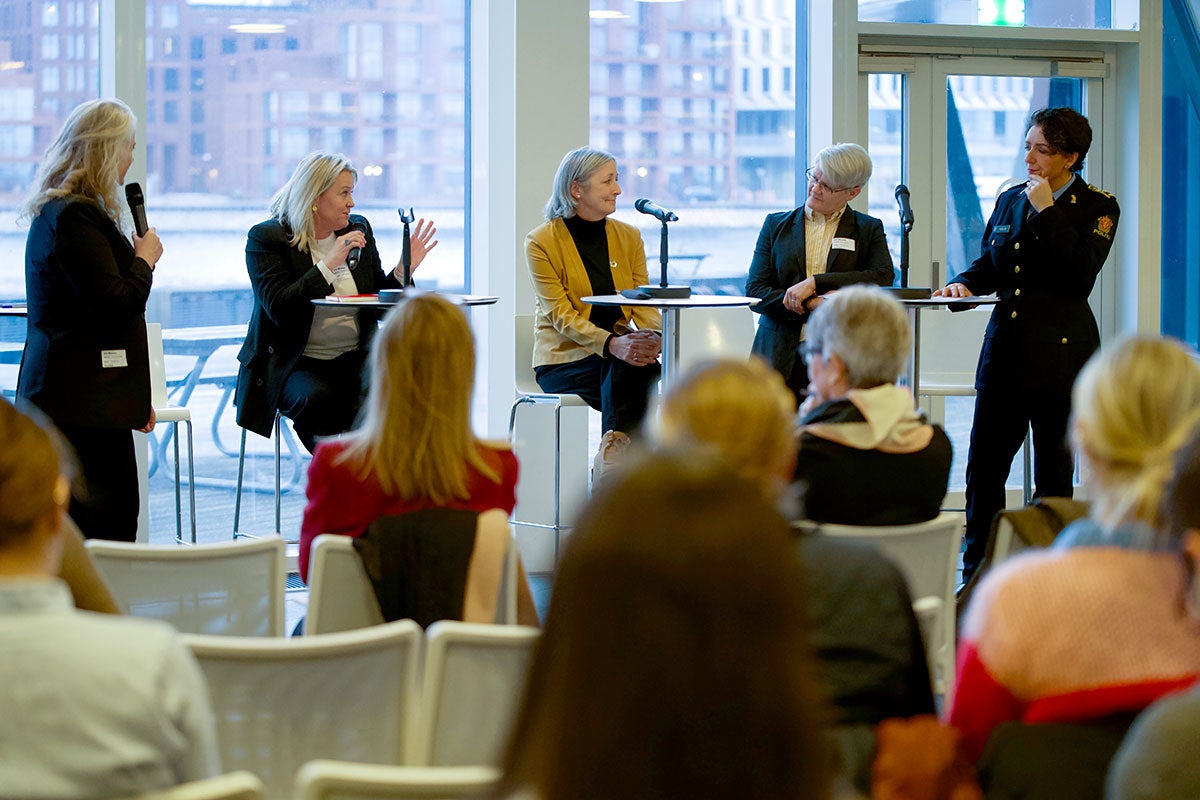
“If we are to effectively help the victims, we need to make sure that our law enforcement agencies are attuned to the unique challenges and vulnerabilities faced by those affected”, she continued. “The Nordic countries are committed to counter and prevent gender-based violence – and to promote solutions that work within the justice sector.”
The event, held as part of the 16 Days of Activism against Gender-Based Violence campaign, gathered key regional decision-makers, including senior representatives from the police, civil society, and political sectors to discuss how gender-responsive policing can work to end violence against women and girls.
Held at UN City Copenhagen, the event was complemented by a photography exhibition showcasing UN Women’s work on gender-responsive policing in action in these and other countries.
The Nordic region has been in the forefront of implementing best practice on gender-responsive policing, and countries there have worked to educate police officers on the impact of gender norms and stereotypes on crime and victimization, develop frameworks for dealing with domestic violence cases, and to integrate gender equality principles into recruitment and career development processes.
Strengthening the justice-sector response to gender-based violence, particularly that of law enforcement, has consistently been cited as one of the most challenging issues when responding to violence against women and girls. Less than 1 in 10 women who seek help after experiencing violence turn to the police, and only a minority of cases of violence are ever formally reported to the police, with even fewer cases resulting in convictions.
Event panelists spoke about their personal experiences of implementing gender-responsive policing principles and the importance of collaboration, including with survivors’ organizations and other police officers, especially female officers. They also discussed the value of tools like UN Women’s Handbook on Gender-Responsive Police Services for Women and Girls Subject to Violence, developed together with the International Association of Women Police (IAWP) and the United Nations Office on Drugs and Crime (UNODC).
“Creating a fully gender-responsive policing service requires not only increasing the number of women, but empowering all officers, both male and female, to be victim/survivor-centred, gender-sensitive, and trauma-informed when responding to all acts of crime and violence,” said Jane Townsley, Executive Director of the IAWP, UN Women Senior Police Consultant, and co-author of the handbook.
“This requires the professional development of law enforcement to be transformative in nature and for officers to be equipped to respond adequately to the diverse security needs of the communities they serve”, she said. “Equally important, a gender-responsive police service requires senior leadership to institutionalize gender-sensitive policies, strategies, and accountability mechanisms that ensure effective operational leadership that is fit for purpose.”
Launched in 2021 by UN Women, UNODC, and the IAWP, the handbook provides practical guidance to police to enable effective and gender-sensitive responses to violence against women and girls, and to promote police services that balance effectiveness with accountability in their response to violence. But fundamentally, it seeks to inspire behavioural change towards prevention-orientated policing that is gender-responsive, trauma-informed, and perpetrator-focused.
The handbook is currently being rolled out in over a dozen pilot countries across five regions, including Bangladesh, Chile, Kosovo1, Viet Nam, and Tanzania.
“We are seeing positive change in the police handling of gender-based violence cases, especially in relation to the criminalization of psychological violence and stalking, and the work of the specialized GBV teams”, said Mette Marie Yde, Director of Danner, Demark’s largest nongovernmental organization providing shelter and safe accommodation for survivors of violence against women and children.
“However, we still need to strengthen the rest of judicial chain, to ensure justice for survivors”, she said.







